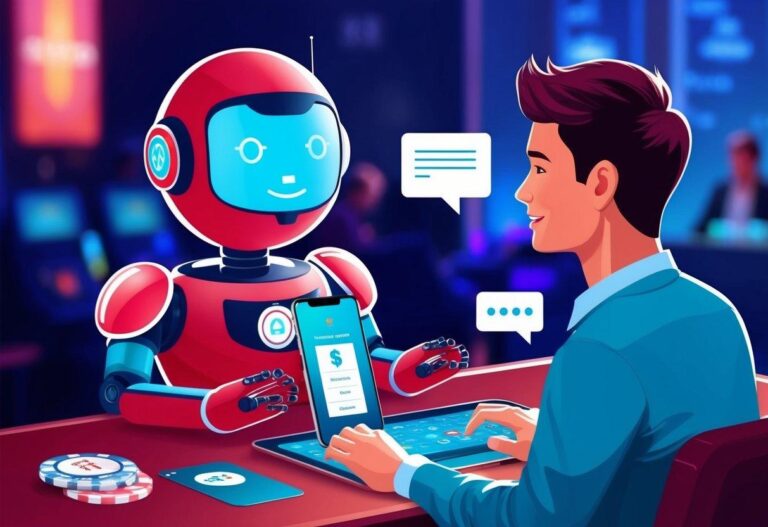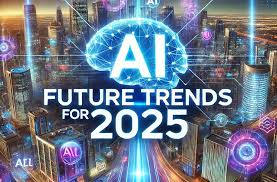AI vs Human Intelligence: Can Machines Really Think Like Us?
Artificial Intelligence (AI) has become an essential part of modern technology, raising debates about whether machines can truly think like humans. https://revotechnologies.net/ AI vs Human Intelligence: Can Machines Really Think Like Us? is a question that continues to intrigue scientists, researchers, and technology enthusiasts. While AI can perform complex tasks, human intelligence remains unique in many ways.
This article explores the differences, capabilities, and limitations of AI in comparison to human intelligence.
Understanding Artificial Intelligence
AI refers to machines programmed to perform tasks that typically require human intelligence. These tasks include learning, reasoning, problem-solving, and language processing. AI relies on algorithms, data, and computational power to function.
There are two main types of AI:
- Narrow AI – Specialized in performing specific tasks, like voice assistants and recommendation algorithms.
- General AI – Theoretical AI that can think, learn, and adapt like a human in various situations.
Despite its rapid advancements, AI still lacks the emotional and creative depth of human intelligence.
Defining Human Intelligence
Human intelligence is a combination of cognitive abilities, emotions, and consciousness. It allows people to adapt, learn from experience, think critically, and express creativity. Unlike AI, human intelligence is shaped by emotions, cultural influences, and personal experiences.
Key features of human intelligence include:
- Emotional Understanding – The ability to recognize, interpret, and respond to emotions.
- Creativity and Innovation – Humans can think beyond logic and create new ideas.
- Adaptability – People can learn from mistakes, adjust to new environments, and develop skills over time.
These aspects set human intelligence apart from AI, making it difficult for machines to replicate human thought processes fully.
Comparing AI and Human Intelligence
While AI and human intelligence share some similarities, key differences remain.
1. Learning and Adaptation
- AI learns from vast amounts of data but struggles with new, unfamiliar situations.
- Humans learn from experiences, emotions, and social interactions, making their adaptability superior.
2. Creativity and Problem-Solving
- AI can generate content, such as art and music, but lacks true creativity.
- Humans use intuition, emotions, and abstract thinking to solve problems uniquely.
3. Emotional Intelligence
- AI can analyze emotions using data but does not experience feelings.
- Humans understand emotions deeply, forming relationships and making empathetic decisions.
The Turing Test: Evaluating Machine Intelligence
Alan Turing introduced the Turing Test, which evaluates whether a machine can exhibit human-like intelligence. If a human interacts with an AI and cannot distinguish it from another human, the AI is considered intelligent.
Although some AI models can pass the Turing Test, it does not mean they truly understand or think like humans. AI processes information based on logic and patterns rather than emotions or consciousness.
READ MORE : https://revotechnologies.net/
The Chinese Room Argument
John Searle’s Chinese Room Argument challenges the idea that AI can truly understand language. It suggests that even if AI responds like a human, it does not comprehend meaning—it simply follows programmed instructions.
This argument highlights that AI, despite performing complex tasks, lacks genuine understanding and consciousness.
Advancements in AI: Mimicking Human Thought
AI has made significant progress in:
- Natural Language Processing (NLP) – AI can now understand and generate human-like text.
- Reinforcement Learning – AI learns from trial and error, improving over time.
- Machine Learning & Neural Networks – AI processes data similarly to human neurons, enabling pattern recognition and decision-making.
Despite these advancements, AI remains dependent on data and lacks independent thought.
Limitations of AI Compared to Human Intelligence
While AI excels in automation and efficiency, it has several limitations:
- Lack of Consciousness – AI does not possess self-awareness or subjective experiences.
- Dependence on Data – AI requires large datasets, whereas humans can learn from minimal input.
- Ethical Decision-Making – AI lacks moral judgment and relies on programmed guidelines.
These limitations prevent AI from fully replicating human intelligence.
The Future of AI and Human Intelligence
AI continues to evolve, assisting in various fields like healthcare, finance, and education. However, it is not expected to replace human intelligence entirely. Instead, AI serves as a tool to enhance human capabilities.
The future of AI and human intelligence will likely involve collaboration, where AI handles repetitive tasks while humans focus on creativity, emotional intelligence, and ethical decision-making.
Conclusion
AI vs Human Intelligence: Can Machines Really Think Like Us? remains a topic of discussion as technology advances. While AI can simulate intelligence, it lacks emotions, consciousness, and creativity. Machines may process information efficiently, but true thinking, understanding, and emotional depth remain unique to humans. For businesses leveraging AI, knowing How to Hire Expert App Programmers in Low Budget in Bahrain can be a game-changer in developing innovative solutions.
As AI continues to improve, it will support and enhance human intelligence rather than replace it.






